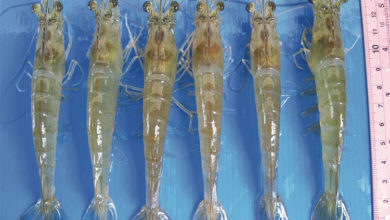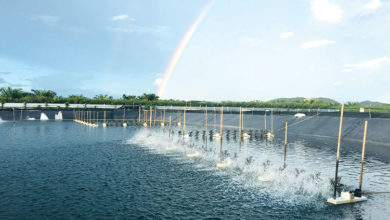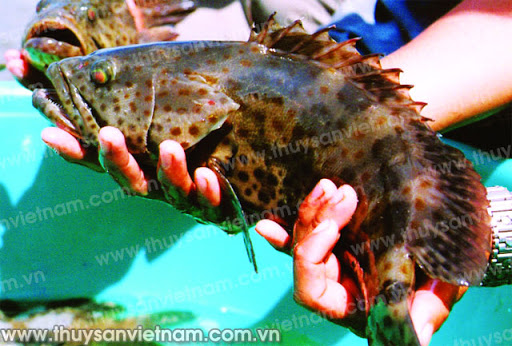Phú Yên: Mass lobster deaths in Lao Mái Nhà island has sign of non-stop
Lobsters have been found dead in mass in Lao Mái Nhà island of An Hải commune, Tuy An district for over a month. Although the cause to disease has been discovered and treatment has been given, lobsters keep dying without a sign of stop.
Farmer Trần Hoàng Kỵ of An Hải commune, Tuy An district stocked 500 lobsters in Lao Mái Nhà island, but half of them have been found dead without stop. He separated the rest to many cages and supervised them regularly. Lobsters over 0.5kg are sold to reduce the loss. He said that lobsters have suffered many epidemic diseases this year, especially black gill. The first lobsters were found dead in November 2018. In some cages 80 percent of lobsters died while others were 50%. Despite being alive, black gill lobsters may not be treated.
Farmer Võ Văn Phụng reared 400 lobsters, 150 of which were dead with some weighed up 0.5-0.6kg each. The situation made him lose hundreds million dong.
Results from lobster samples analysis and data of Sub-Department of Animal Health (Phú Yên Breeding and Aquaculture Technique Center – BATC) showed that ball gill caused to the mass death of lobsters in Lao Mái Nhà island. A plan of treatment and instructions have been given to help farmers with the alive lobsters. According to results from environment survey carried out in lobster farming areas of Phú Yên by BATC, dissolved oxygen in water is low and Vibrio spp density exceeds the allowable limit.
VFM






